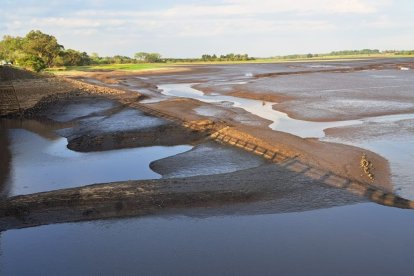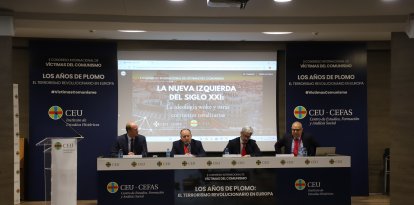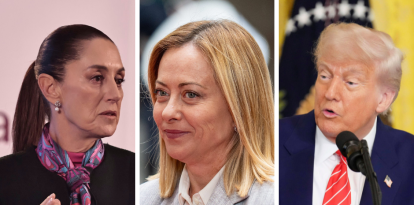Uruguay faces worst drought in its history Montevideo in danger of running out of drinking water
With water reserves at 1.7%, in many parts of the country, only salt water is coming out of the taps.

(Wikimedia Commons)
Alert in Uruguay due to the severe drought affecting the country. The government has already warned the population that soon the capital city of Montevideo would run out of drinking water. In approximately nine days from Wednesday, it is estimated that there will only be salt water in the homes in the capital.
The drought situation in Uruguay has been dragging on since 2018. The country has suffered a chain of droughts since 2018, and the lack of rainfall in January and February 2023 was the straw that broke the camel's back.
During the month of May, national freshwater reserves declined to alarming levels and affected the quality of consumption. Then, Robert Bouvier, Uruguayan minister of environment, stepped forward to give some explanations about the situation. Bouvier admitted that Montevideo's water will soon no longer be drinkable. "Water is not potable in the perfect definition of potability," the minister pointed out. "But it's drinkable."
Some two months later, this "drinkable" water has an expiration date, unless heavy rains allow Uruguay's reservoirs to replenish. To supply it, the government draws on its last resort: water from reservoirs near the estuary of Río de La Plata, which contains very high salinity levels.
The country's capital has two large freshwater reservoirs in the surrounding area. They are the Canelón Grande reservoir, which has a capacity of 353 million cubic feet, but it is completely dry. Montevideo also has the Paso Severino reservoir, with a total capacity of 2,472 million cubic feet. Last Monday, about 42 million cubic feet of water remained in the reservoir, 1.7% of its total capacity. Officials estimate that the city consumes about 2.8 million cubic feet of water per day.
Many citizens have filed complaints against the government headed by Luis Lacalle Pou. Some have shown on social media how their appliances are suffering damage due to the poor quality of the water flowing through the pipes. In particular, electric water boilers seem to be the subject of the worst household disasters. Located in the southern hemisphere, the months of June to August are the coldest in the city of Montevideo.
Lacalle Pou proposed the construction of a new water treatment infrastructure for the country in 2020. The idea was a large plant with water intake in the estuary of the Río de la Plata, which could help the country. However, the plan is still at a preliminary stage and is not an immediate solution. "In the meantime, there is no genie to rub the lamp. It has to rain," said the resigned Uruguayan president.
Fortunately for President Lacalle Pou, rainfall in Montevideo is expected later this week, albeit light. The Uruguayan National Meteorological Institute announced that in two more weeks, other more important rains than those of this Wednesday and Thursday will likely occur.
RECOMMENDATION





















